On Air Now
Relaxing Evenings with Zeb Soanes 7pm - 10pm
15 December 2020, 12:48 | Updated: 25 January 2021, 10:42
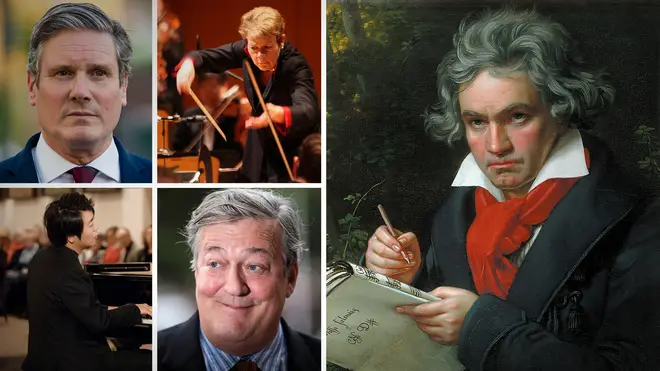
Beethoven fans and aficionados give us 250 words – no more, no fewer – on the great composer, as the world marks the 250th anniversary of his birth.
16 December 2020 marks the 250th anniversary of great composer Ludwig van Beethoven’s birth.
We’ve invited music lovers and Beethoven devotees to give us 250 well-chosen words of their own to sum up what the great composer means to them.
Here’s to you, LVB...
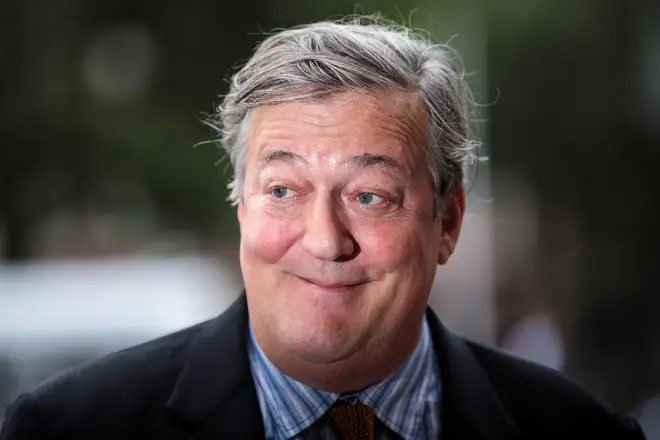
You can have the sunniness of Mozart, but very often he seems to be painting a world that is only sunny and ordered and loveable. With Beethoven, however, even though he’s nearly always optimistic, there’s often a lot of pain to be got through on the way. So in that sense he’s realistic.
In the music of Beethoven you feel the agony, and the pain, and the effort; and the stretching, and the yearning; and the desire for things to be right; the storms that get in the way. And then, very often, like in the famous last final movement of the Fifth Symphony, the sun bursts through – but he’s taken us on a journey through lots of pain and melancholy before we get there.
I think if you listen to symphonic music written by a composer like Beethoven, there is a real sense of a human individual struggling to be happy, struggling to connect, struggling to belong. You get a sense – and you can call it over-reading, if you don’t like this way of talking about music – of someone who feels outside of the run of common humanity and wants desperately to be a party, who wants to join in the dance, but can’t. And then he’s brought in by the forces of the orchestra, by the forces of a kind of belief and hope.
Beethoven, I do think, in particular is our champion, our humanitarian kind of figure, our Prometheus. He’s just there for us.
This interview originally appeared on Moira Stuart Meets...
This December, Stephen Fry narrates Beethoven’s Prometheus with Classic FM's Orchestra on Tour, The Philharmonia. Click here to find out more and watch on demand.

My favourite piece of music by Beethoven is the second movement of his Piano Concerto No. 5. It’s always been my favourite. As well as it being an incredibly beautiful piece of music, I love the simplicity of the piano part. In particular, I love the purity of the solo passage about a third of the way in.
It’s the piece of music my wife walked in to on our wedding, so as well as being a wonderful piece, it evokes all these memories of my wife looking beautiful on our wedding day.
I love classical music. I went to Guildhall School of Music & Drama when I was younger and therefore learnt lots about music. Sticking with Beethoven, another piece I really love is the ‘Pastoral’ Symphony No. 6. It was one of my dad’s very favourite pieces of music, so again is particularly special to me. Towards the end of the symphony, when we come out of the storm and feel the sunlight breaking through again, it always feels like an inspiring moment for me.
I listen to classical music to relax at the end of a busy day – Beethoven, Brahms, Mozart, you name it. There’s a bit of a battle in our house because we’ve got a 10-year-old girl and a 12-year-old boy, and they’re not as into classical music as I am. So there’s often a battle between whose music gets put on – when I win, I choose classical music because I find it really relaxing.
Sir Keir Starmer is the leader of the UK Labour Party. Prior to his time in law and politics, Sir Keir played the flute, piano, recorder and violin, and was a young scholar at the Guildhall School of Music & Drama in London.
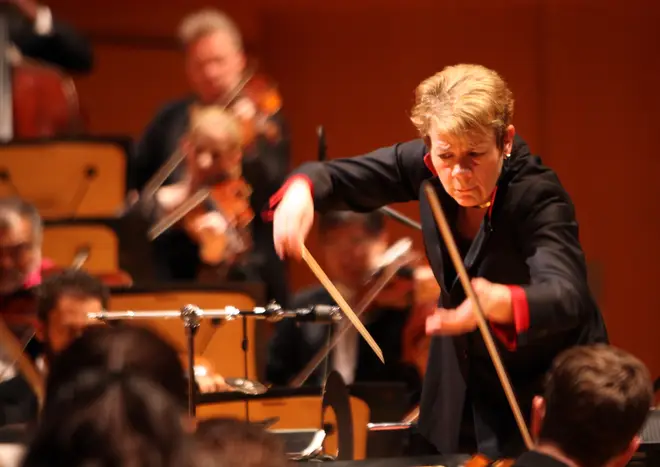
From my vantage point as a conductor, I naively thought 2020 would be remembered as the year the world celebrated the 250th anniversary of Beethoven’s birth. No one could have anticipated the unbelievable upheaval that 2020 would bring or how inconsequential a composer anniversary – even an iconic one – would seem. But the more I thought about Beethoven, the more I realised what a perfect symbol he was for everything we have experienced this year.
Beethoven’s life was filled with physical and personal challenges, capped by his profound and devastating hearing loss. He longed to connect with people, yet became inevitably more isolated. Now that we all have a deeper understanding of isolation, we can relate to his frustration. We can also draw inspiration from his continued faith in humankind. Despite everything, he believed we were empowered by sharing joy. When he incorporated Friedrich Schiller’s poem ‘Ode to Joy’ into his Ninth Symphony, it was a radical call for equality, freedom and brotherhood.
I originally collaborated with Carnegie Hall on plans to honour Beethoven’s anniversary by reimagining the Ninth Symphony for 21st-century audiences, with orchestras on six continents. When these live events were cancelled, I partnered with YouTube, Google Arts & Culture, BTHVN2020 and the world’s leading arts organisations, inviting the international community to celebrate Beethoven’s birthday with joy-filled videos tagged #GlobalOdeToJoy. After sharing such a difficult year, this was our chance to come together and amplify his message by flooding the digital sphere with unity, solidarity and hope.
Marin Alsop conducts #GlobalOdeToJoy in 2020. Click here to find out more.
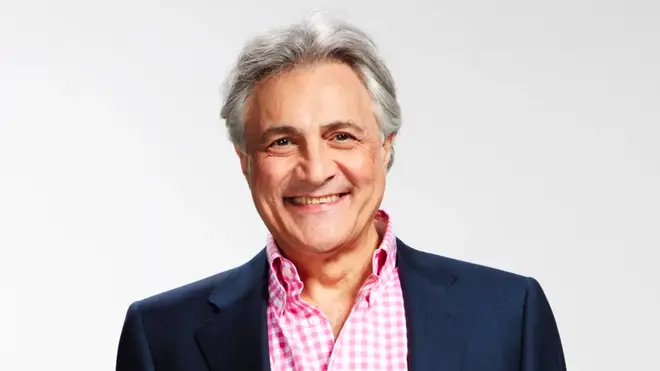
Beethoven broke the rules, simple as that.
You don’t begin a piano sonata with a resounding chord, like Beethoven did in the ‘Pathétique’.
Nobody had begun a piano concerto with solo piano, as Beethoven did in Piano Concerto No. 4.
You can’t possibly begin a symphony with two huge chords, as if to say ‘Pay attention!’. Beethoven did in the mighty ‘Eroica’.
In a good performance of Mozart, his music should wash over you, cause you to smile, convince you all is well with the world. A good Beethoven performance should turn your knuckles white from gripping the arms of your seat, your nerves shredded, but leaving you imbued with a feeling of exhilaration and triumph — as well as deep love and admiration for a man who suffered the worst fate that can befall a musician, yet overcame it.
Beethoven was difficult, irascible, hot-tempered, cruel to his friends, withering about other musicians. How nice would you be if you were a musician, and you knew that was all you could be, and you realised you were slowly, inexorably, losing your hearing?
Beethoven’s music is evidence of his iron will and determination, his resolve not to give in to deafness, but to triumph over it. His music instils the same spirit in us — “Look at me. I refused to give in to my deafness, and by doing so I overcame it. Listen to my music. Through my music you can face whatever hardship confronts you — and overcome it.”
Subscribe to John Suchet’s new podcast, Beethoven: The Man Revealed, via Global Player, the official Classic FM app.
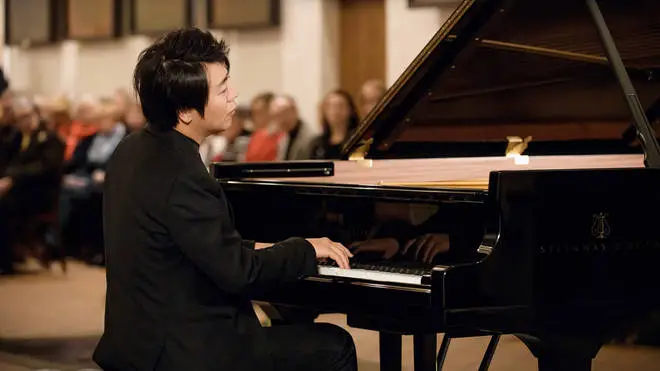
To me, Beethoven was the beating heart of the Romantic era – not only through his music but the spirit of his soul. Over my career I have been lucky to play many of his piano concertos to audiences around the world, but I didn’t actually begin performing his works until I was 20. Perhaps I felt that the emotional challenge, rather than the technical, was beyond my comprehension before then.
Beethoven’s short Bagatelle ‘Für Elise’ was not published until forty years after his death, and this, coupled with the identity of the lady in the title, gives is a deeply personal and intriguing context shrouded in mystery. For a pianist, ‘Für Elise’ requires a lightness of touch – almost featherlike – for the delicate melodies and left hand arpeggiated chords. The home key of A minor suggests lamentation, and the rondo form mirrors the emotions that move through storms clouds of sadness to moments of happiness and back to uncertainty – much like the early stages of falling in love!
I recorded this piece for my Piano Book release on Deutsche Grammophon last year to inspire young piano players. I had neither performed nor recorded the piece before, but my motivation was to move the listener. It would be disingenuous to describe this piece as simple background music. The dynamics and phrasing are so important, and really bring out the depth of the emotions concealed within. This work demands to be treated like the great masterpiece it truly is.
Click here to watch Lang Lang & Friends’ 2020 Virtual Concert on demand now.
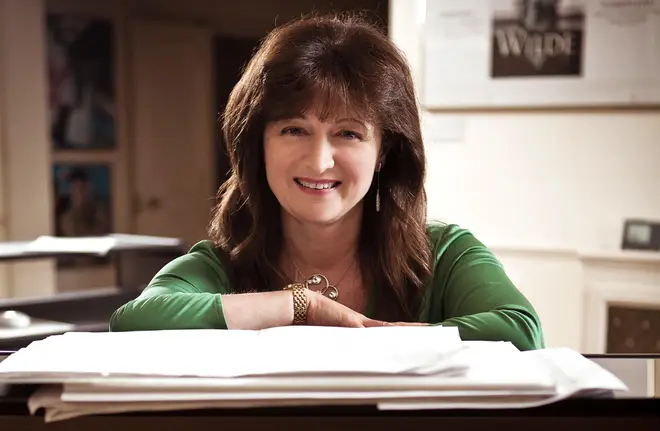
Beethoven's music is unmistakable – it’s full of vitality, humour and drama. He was a complex genius. To me, he is to music what Shakespeare is to literature. It's hard to imagine a world without Beethoven's music.
As a pianist, his piano sonatas have always been stationed within easy reach of my music stand. And I even have a portrait of him above my piano which looks down on me every day as I compose. It inspires me to respond to any musical challenge!
Beethoven's music sounds as fresh today as it did when it was first published; as with all great works of art, it is ageless, timeless; immortal. Music, to Beethoven, was “a higher revelation than all wisdom and philosophy” offering an entrance to a spiritual universe. He was a father of modern music - linking the classical and romantic. I agree with Stravinsky who called him “supreme among musicians”.
The overriding feature in all of his music is vitality. Even his gentle music is more profound and more affecting than that of other composers. Goethe said of Beethoven that he never knew a more energetic artist. Beethoven is always surprising us – every passage of his music is utterly convincing. In 1823, Beethoven wrote to his friend the Archduke Rudolph, to whom he dedicated the Missa Solemnis: “There is no loftier mission than to come nearer than other men to the Divinity, and to disseminate the divine rays among mankind”. Beethoven, without a doubt, fulfilled that mission.
Debbie Wiseman is Classic FM’s Composer in Residence. Her new work for cellist Steven Isserlis is out in 2021.
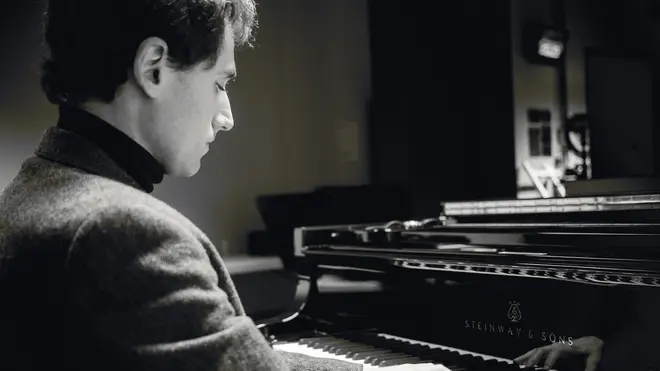
Beethoven the brilliant virtuoso. Beethoven the bigger-than-life hero. Beethoven the transcendent visionary. Three epithets to cover the three creative periods of one of humanity’s greatest geniuses. I hadn’t really, viscerally, understood how amazing he was until this year, when I decided to tackle the complete cycle of 32 sonatas.
As I made my way through this incredible treasure trove, my biggest discovery was Beethoven’s character as it shone through his music. He wasn’t the angry, grouchy man with a stormy brow I previously imagined, but a composer of light and life. His music radiates life energy, so present in every note we sometimes don’t notice it – so obvious it seems. But in this most difficult year, oh did I notice it.
Learning and recording his sonatas, following him on this journey that took nearly 30 years to complete, I was constantly uplifted by the warmth and life glowing from every page. I was energised by the unstoppable fast movements. I was entranced by the poetic beauty in his melodies. I felt privileged to have access to magnificent, awe-inspiring sound worlds – particularly in the late sonatas – which he had explored, captured in music and shared with us.
This year Beethoven became a composer I passionately love and turn to for comfort and support; a composer I passionately want to share with others. I couldn’t have asked for a better musical companion for this year, and I so look forward to exploring his musical worlds for years to come.
Boris Giltburg performed all 32 of Beethoven’s Piano Sonatas in 2020. Volume 6 is out now on Naxos.

Beethoven: Sonata No.14 in C-sharp minor (Moonlight) – Boris Giltburg | Beethoven 32 project

Beethoven has been part of my world for as long as I can remember. Writing Immortal, my novel about the composer’s “immortal beloved”, was a chance to try instead to immerse myself in his. I’ve emerged with his music meaning more to me than ever before. Now I experience Beethoven not as an intellectual mountain-range or an unapproachable Goliath, but as a total human being, complete with all his fortitude, self-delusion and personal demons.
During lockdown I began practising the piano again regularly for the first time in years and decided to learn some Beethoven sonatas that I hadn’t tried before. With live music all but wiped out these past months, I’ve never been so glad that I can play some myself, and trying to get to grips with the ‘Waldstein’ Sonata and the E flat major Sonata Op. 31 No. 3 has brought home the extraordinary generosity of Beethoven’s musical spirit. However much effort you put in, he rewards you threefold. Having conquered his own despair through his art - and sometimes I think that’s what he was doing - he helps us with ours, giving us more and more energy, filling our hearts with his own unquenchable joy.
“Oh, how beautiful it is to live,” he wrote to Franz Wegeler, “to live a thousand times!”
We often think of Beethoven as the music of struggle - but its overriding drive is transcendental joy, filled with wonder at the marvels of nature and an elemental passion for life itself.
Jessica Duchen’s novel, Immortal, is published by Unbound and is out now.

Watch This Incredible Beethoven 'Ode to Joy' Flashmob
Wednesday 16 December is Classic FM’s Big Beethoven Celebration.
Listen to 250 minutes of music by Beethoven across the UK on 100-102 FM, DAB digital radio and TV, at ClassicFM.com and on Global Player, the official Classic FM app.